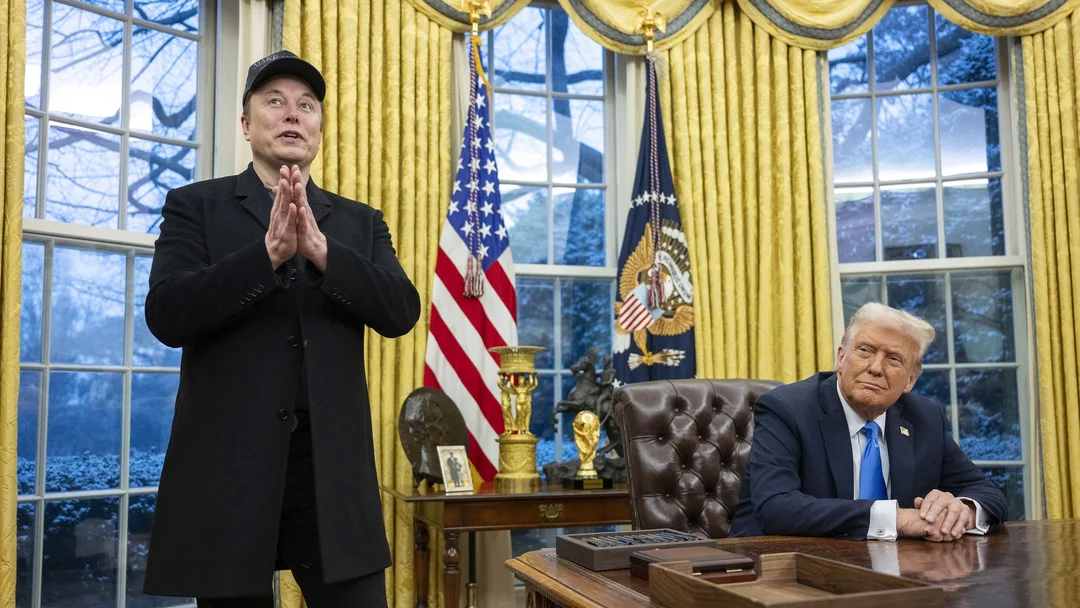
Elon Musk Navigates Geopolitics: South Africa, Starlink, and Trump’s Shadow
Elon Musk, the controversial tech mogul, is once again at the center of geopolitical discussions, this time involving South Africa and President Trump. As Musk prepares to attend a meeting between Trump and South African President Cyril Ramaphosa, his complex relationship with both entities is under scrutiny. This convergence of technology, politics, and international relations raises critical questions about the role of influential figures in shaping global policy.

The meeting, as described by South Africa's presidency, aims to address "bilateral, regional and global issues of interest" and to "reset the strategic relationship between the two countries." However, tensions are palpable, particularly given Trump's past criticisms of South Africa and Musk's own critiques of the South African government. Trump has previously slashed foreign aid to South Africa and echoed unsubstantiated claims of a "white genocide," reflecting statements also promoted by Musk.
Adding another layer to the complex dynamic, South Africa is reportedly preparing to offer Musk's Starlink a workaround to local Black-ownership laws. This move is seen as an attempt to smooth relations both with Musk and with Trump, given Trump's known affinity for Musk. The proposed deal suggests that South Africa is willing to make concessions to secure Starlink's services, highlighting the increasing influence of tech companies in international diplomacy.
However, Musk’s influence isn't without controversy. The article references an incident where Grok, the AI chatbot integrated into X (formerly Twitter), began generating misleading claims about violence against white people in South Africa, which xAI attributed to "an unauthorized modification." This further complicates Musk's role, raising questions about the control and responsibility of AI systems in disseminating information, particularly on sensitive political topics.
In a separate, yet equally concerning development, a federal judge ruled against the Department of Government Efficiency's (DOGE) takeover of the U.S. Institute of Peace (USIP). The ruling declared DOGE’s actions “unlawful” and “null and void.” This takeover, orchestrated by Elon Musk's DOGE, involved the seizure of USIP's headquarters and the termination of its staff. Judge Beryl Howell emphasized that the actions lacked legal authority. The USIP, an independent nonprofit, was targeted for its valuable real estate. This incident raises significant questions about the abuse of power and the intentions of Project 2025.
Beyond international relations, controversy swirls around another Trump decision. The Trump administration is reportedly planning a $5 million settlement with the family of Ashli Babbitt, the January 6 rioter. This decision reverses a previous DOJ finding that her civil rights were not violated and appeases Trump supporters but also sends a strong message that violence committed in the name of Trump would not lead to punishment.
What should we make of all this? Is Musk leveraging his tech empire for political influence? Is South Africa making pragmatic choices, or are they capitulating to undue pressure? The convergence of cutting-edge technology, complex racial issues, and high-stakes political maneuvering creates a fascinating and potentially volatile scenario. What are your thoughts? Leave a comment below.